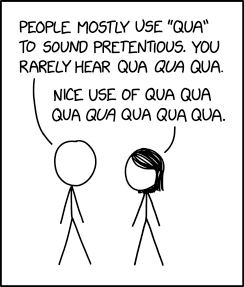Beautiful ringing of the changes on synonyms for reject, in the sense of veto, in Sarah Vogelsong’s “Churchill Downs faces tough election night in Virginia:”
… voters decisively defeated both measures. Almost 59% of Manassas Park voters rejected the Rosie’s referendum, while almost 62% of Richmond voters nixed the casino project — a stark contrast to the 51%-49% split on the casino in 2021 when Urban One was the plan’s sole backer. (emphasis added)

